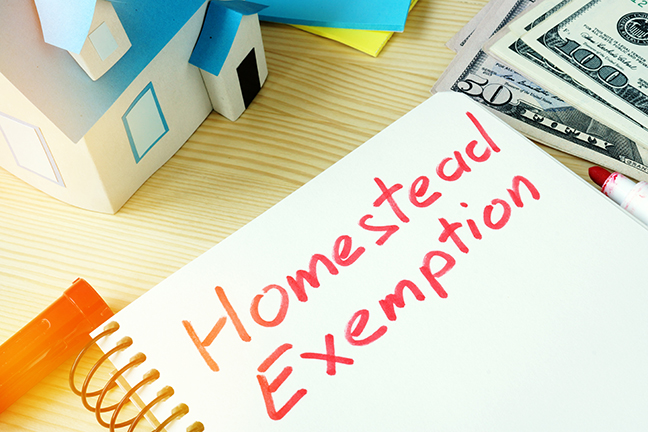What is Homestead Exemption?
What is it?
Homestead sounds like an old fashioned term for something that probably doesn’t apply to this century, but technically it just means a primary residence. A homestead exemption, therefore, protects a primary residence. Specifically, it prevents that primary residence from being sold or taken away by unsecured creditors looking to get money to pay off debts owed to them, especially if the spouse of a homeowner passes away, and lowers the property taxes on a residence. This can help a widow or widower by granting financial aid and the continued protection of their home, but it does not prevent foreclosure. Furthermore, the property in question must be the primary residence of the surviving spouse.
Why should I do it?
Not only does a homestead exemption prevent a property from being forced to be sold, but it can also provide some property tax relief. The specifics of the law change between states, but in Florida, there is no limit on the amount of tax relief that can be provided. As for the protection from forced sale, this only applies to unsecured creditors, secured creditors, such as the bank owning the mortgage on the property, still have the power to collect for any debts owed to them.
How I should register for it?
To qualify for a homestead exemption, the property must be the primary residence of the owners. If you wish to apply, you must have a state driver’s license and then fill out an application form and file it with the district office for the county in which the property is located. The application must be filed between January 1 and April 30 of the tax year.



